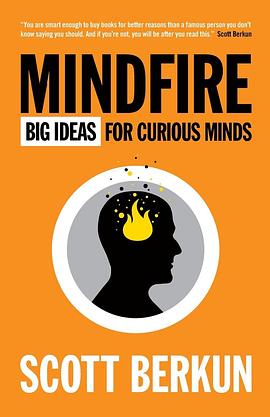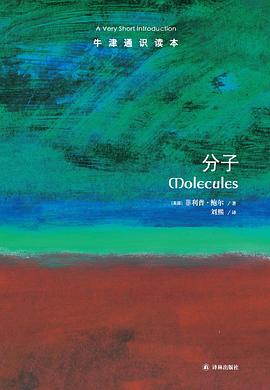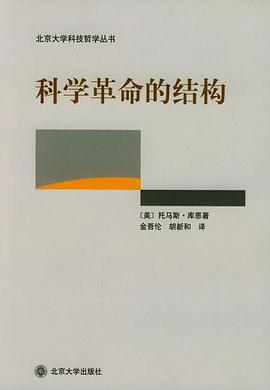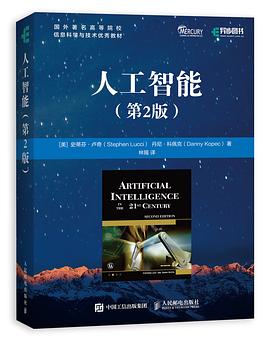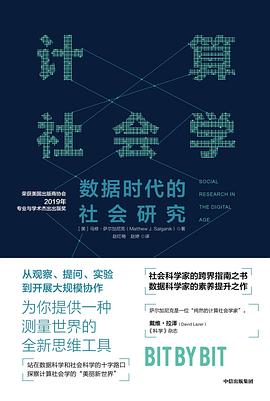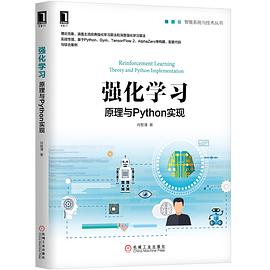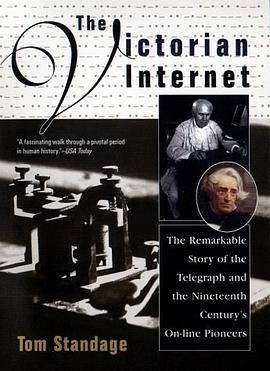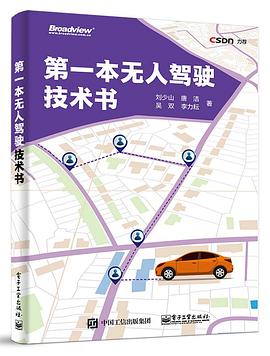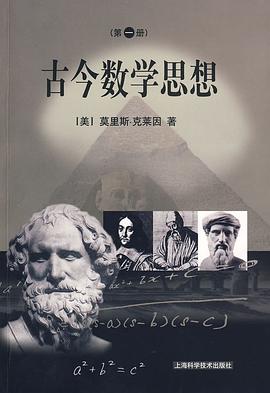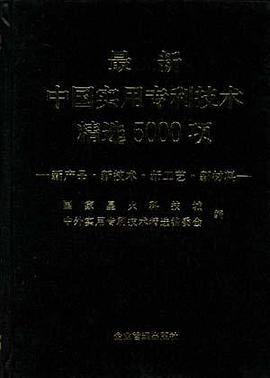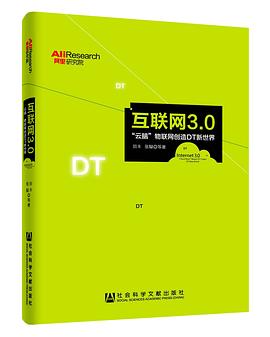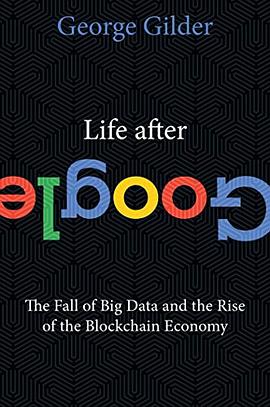

具体描述
The Age of Google, built on big data and machine intelligence, has been an awesome era. But it’s coming to an end. In Life after Google, George Gilder—the peerless visionary of technology and culture—explains why Silicon Valley is suffering a nervous breakdown and what to expect as the post-Google age dawns.
Google’s astonishing ability to “search and sort” attracts the entire world to its search engine and countless other goodies—videos, maps, email, calendars….And everything it offers is free, or so it seems. Instead of paying directly, users submit to advertising. The system of “aggregate and advertise” works—for a while—if you control an empire of data centers, but a market without prices strangles entrepreneurship and turns the Internet into a wasteland of ads.
The crisis is not just economic. Even as advances in artificial intelligence induce delusions of omnipotence and transcendence, Silicon Valley has pretty much given up on security. The Internet firewalls supposedly protecting all those passwords and personal information have proved hopelessly permeable.
The crisis cannot be solved within the current computer and network architecture. The future lies with the “cryptocosm”—the new architecture of the blockchain and its derivatives. Enabling cryptocurrencies such as bitcoin and ether, NEO and Hashgraph, it will provide the Internet a secure global payments system, ending the aggregate-and-advertise Age of Google.
Silicon Valley, long dominated by a few giants, faces a “great unbundling,” which will disperse computer power and commerce and transform the economy and the Internet.
Life after Google is almost here.
作者简介
GEORGE GILDER, one of the leading economic and technological thinkers of the past forty years, is the author of nineteen books, including Wealth and Poverty, Life after Television, Knowledge and Power, and The Scandal of Money. A founding fellow of the Discovery Institute, where he began his study of information theory, and an influential venture investor, he lives with his wife in western Massachusetts.
目录信息
读后感
像我这种对经济学不感冒的人,对区块链及比特币感兴趣是缘于某次逛书店,翻到一本18年新出的《读库》,那册第一章提到的就是关于区块链及比特币,关于比特币我了解得很少,也因那次的机缘巧合我得以知道了比特币的创始人,以及中本聪创立比特币的初衷。自此对这两个领域不能说...
评分大数据(big data),指无法在一定时间范围内用常规软件工具进行捕捉、管理和处理的数据集合,是需要新处理模式才能具有更强的决策力、洞察发现力和流程优化能力的海量、高增长率和多样化的信息资产。来自某度百科。 大数据在以前没什么人在意,也没有发现它的价值,近几年才被...
评分朋友问我读没读过,没有;于是老老实实买了一本来看; 英文原版没找到,虽然这本书明显像是有道的AI机器人翻译的,但我还是体谅的说,实在是辛苦译者了; blockchain这个技术虽然已经诞生十年,但是还是一个小众技术,很多术语其实还没有公认的译法,比如Hashgraph,还有像什么...
评分 评分像我这种对经济学不感冒的人,对区块链及比特币感兴趣是缘于某次逛书店,翻到一本18年新出的《读库》,那册第一章提到的就是关于区块链及比特币,关于比特币我了解得很少,也因那次的机缘巧合我得以知道了比特币的创始人,以及中本聪创立比特币的初衷。自此对这两个领域不能说...
用户评价
标题大,陈词滥调,前几章就看不下去了都是些老话翻来覆去
评分虽不赞同 但不得不承认这是背景与逻辑都legit的反对派~
评分[有声书] 感觉不适合听呢,听了半天也没听出个所以然来… 指出了不少当今网络技术上的问题,鼓吹了去中心化的区块链技术。
评分过于杂乱
评分过于杂乱
相关图书
本站所有内容均为互联网搜索引擎提供的公开搜索信息,本站不存储任何数据与内容,任何内容与数据均与本站无关,如有需要请联系相关搜索引擎包括但不限于百度,google,bing,sogou 等
© 2025 book.quotespace.org All Rights Reserved. 小美书屋 版权所有


